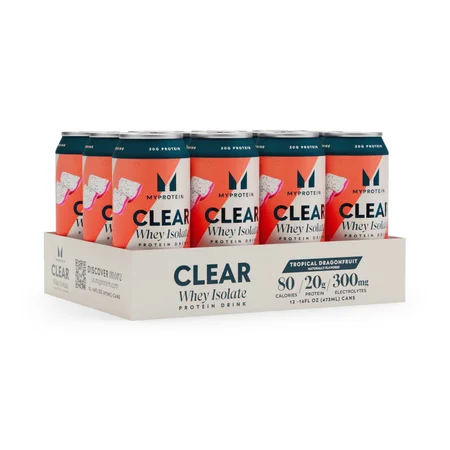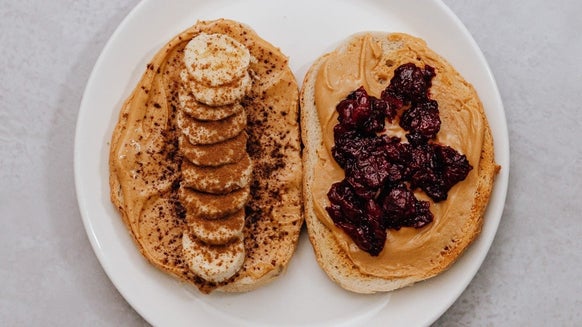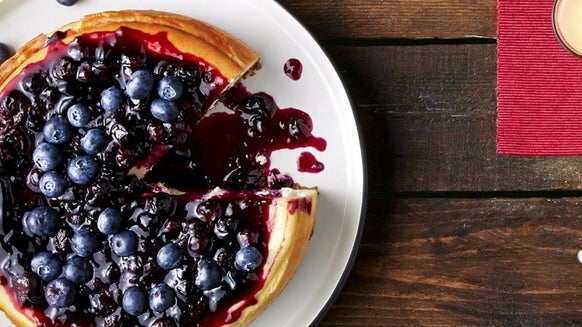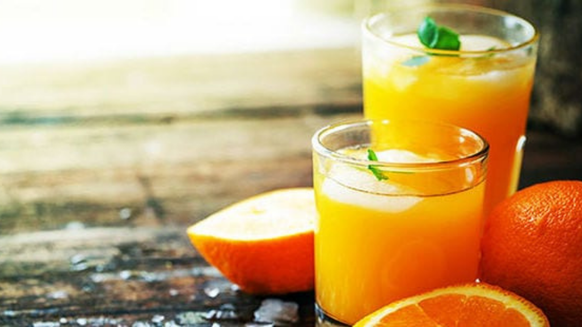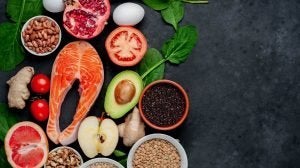
While the one true way to lose fat is to be in a caloric deficit, there are certain ways that you can accelerate the process. By optimizing your metabolism and planning your workouts and meals, you can give your body the best chance to burn the most fat.
Read on for our list of the top

1. Eggs
E
And thanks to their vitamin and mineral content, they also support the chemical reactions our body uses to burn fat.
2. Chicken
L
3. Salmon
F
4. Greek Yogurt
Containing twice as much protein as regular yoghurt, Greek yoghurt supports your lean mass and is a satisfying snack. Choose unsweetened versions for the greatest benefit.
5. Whey
L
Choosing a whey like Myprotein Whey Isolate refines the protein to limit carbs and other calories.
6. Watermelon
A sweet summer treat, watermelon’s benefit is in its name - its high water content (and fiber) makes it satisfying without lots of calories. Choosing high-water content fruits will fill you up faster than dried fruits.
7. Apples
Packed with soluble fiber
8. Blueberries
Blueberries, and other berries, have a high water content and are lower in sugar than other fruits without sacrificing sweetness. Their high antioxidant content helps keep you healthy, too.
9. Celery
Celery is the famous “negative calorie” food – some people claim it takes more calories to digest celery than it does to eat it. The fiber and water content in celery do make it very low calorie - but not calorie free. It’s still a greatly satisfying crunchy snack, and goes great with some hummus.
10. Broccoli
Broccoli and its cruciferous counterparts - like cauliflower and Brussels sprouts - are super high in fibre and nutrients that keep your body burning fat. Experiment with roasting or eating these vegetables raw or steamed - different methods provide totally different flavors.
11. Lettuce
Eating a salad before your meal can actually help with burning fat. Because lettuce is high in water and fibre content, it fills up your stomach and helps to keep your portions of other foods under control. Try not to add too many high calorie toppings or dressings and stick with raw veggies.
12. Oats
An easy choice to get your whole grains in for breakfast, oats can be prepped the night before or just added raw to some yogurt in the morning. Oats absorb so much liquid in the cooking process that the end result is a portion that feels larger and more filling.
13. Quinoa
A protein-packed whole grain choice, quinoa has multiple benefits to boosting your fat loss. Try subbing quinoa for oats occasionally, or making a batch to serve instead of rice with lunch or dinners. It’s also a great ingredient in soups to boost protein content, which also helps to keep you feeling full.
14. Avocado
The creamy high fat fruit, avocado, is powerful in many ways, but the satisfying healthy fat source is a key to a healthy metabolism. Though eating fat feels wrong when trying to burn fat, it can limit overeating and keep you in a caloric deficit, while providing the fat-soluble vitamins your body needs for optimal function.
15. Nut butters
Another healthy fat source, almond butter, peanut butter, and other nuts are great ways to feel fuller, longer. Adding some nut butter to your snack - instead of plain rice cakes or carrot sticks - makes it more satisfying, and slows down digestion to keep hunger at bay.
16. Chia seeds
Small but mighty, chia seeds have many benefits - many of which are thanks to their protein and fibre content. They can turn liquids into thicker substances - think chia pudding or adding into your
17. Coffee
While it provides its own metabolism boost, be careful that you don’t add too much sugar or fat to your coffee and counteract its energy-boosting effects.
Even though the calorie burn from drinking coffee is negligible, it can help you push harder during your workouts and burn fat for long after you finish your gym session.
18. Green Tea
Green tea has a long list of benefits that include boosts for your metabolism and your brain. This nootropic tea can be used in its beverage form or found as a supplement to support a healthy metabolism.
19. Cayenne pepper
A little bit of spice can increase your metabolism and even help to stabilize blood sugars. Along with other high flavor ingredients - like garlic and ginger - this spice can do more than enhance the flavor of your foods.
20. Cinnamon
In addition to the sweet, warm flavour
The Bottom Line
Even if you’re eating all of the foods listed above, it won’t do any good unless you’re in a caloric deficit to burn fat. Keeping consistent habits over time, and exercising consistently rather than doing dramatic cuts, can lead to more sustainable fat loss and healthier habits for life.
When paired with fat-burning workouts, you can be on your way to burning more fat in no time.
Take Home Message
By choosing foods that are high in fiber, water content, vitamins and minerals, you can help manage your hunger and provide your body with the nutrients it needs to optimize your metabolism - and burn more fat over time.
READ THESE NEXT:
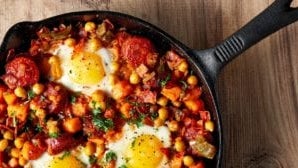
5 Easy Ways To Eat Yourself Happy | Top Mood Foods For Mental Health
Make every bite count....
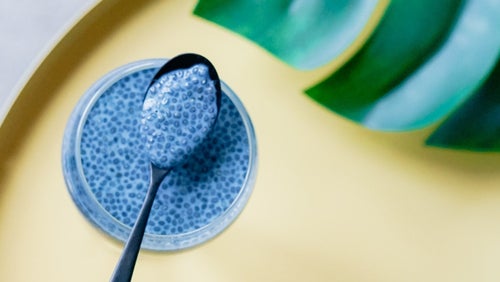
11 Benefits of Chia Seeds for Your Health
Who knew you could pack so much into one little seed?...
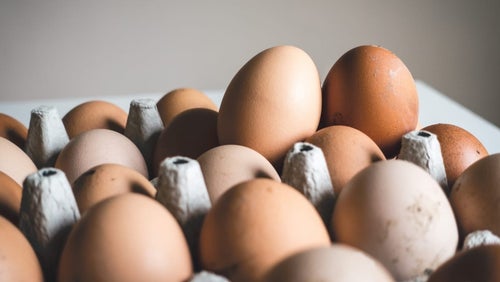
10 Natural Food Sources High in Amino Acids
How you can get that protein power from your daily diet....

Claire is a Registered Dietitian through the Academy of Nutrition and Dietetics and a board-certified Health and Wellness Coach through the International Consortium for Health and Wellness Coaching. She has a Bachelor of Science in Biology and a Master’s degree in Clinical Dietetics and Nutrition from the University of Pittsburgh.
Talking and writing about food and fitness is at the heart of Claire’s ethos as she loves to use her experience to help others meet their health and wellness goals.
Claire is also a certified indoor cycling instructor and loves the mental and physical boost she gets from regular runs and yoga classes. When she’s not keeping fit herself, she’s cheering on her hometown’s sports teams in Pittsburgh, or cooking for her family in the kitchen.
Find out more about Claire’s experience here.
- De Falco, B., Amato, M., &Lanzotti, V. (2017). Chia seeds products: an overview. Phytochemistry Reviews, 16(4), 745-760.
- Otunola, G. A., & Afolayan, A. J. (2013). Evaluation of the polyphenolic contents and antioxidant properties of aqueous extracts of garlic, ginger, cayenne pepper and their mixture.Journal of Applied Botany and Food Quality, 86(1).
- Ranasinghe, P., &Galappaththy, P. (2016). Health benefits of Ceylon cinnamon (Cinnamomum zeylanicum): a summary of the current evidence.Ceylon Medical Journal, 61(1).
- Kritchevsky, D., & Bonfield, C. T. (Eds.). (2012). Dietary fiber in health and disease (Vol. 427). Springer Science & Business Media.
- De Falco, B., Amato, M., & Lanzotti, V. (2017). Chia seeds products: an overview. Phytochemistry Reviews, 16(4), 745-760.
- Hursel, R., Viechtbauer, W., & Westerterp-Plantenga, M. S. (2009). The effects of green tea on weight loss and weight maintenance: a meta-analysis. International journal of obesity, 33(9), 956-961.
- Otunola, G. A., & Afolayan, A. J. (2013). Evaluation of the polyphenolic contents and antioxidant properties of aqueous extracts of garlic, ginger, cayenne pepper and their mixture. Journal of Applied Botany and Food Quality, 86(1).
- Ranasinghe, P., & Galappaththy, P. (2016). Health benefits of Ceylon cinnamon (Cinnamomum zeylanicum): a summary of the current evidence. Ceylon Medical Journal, 61(1).

